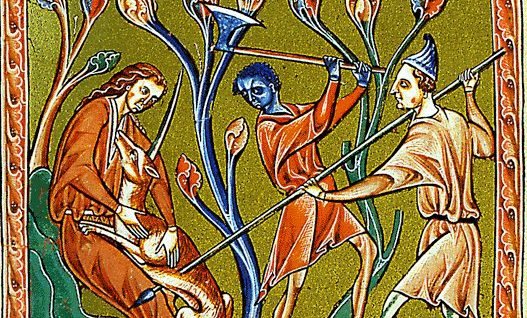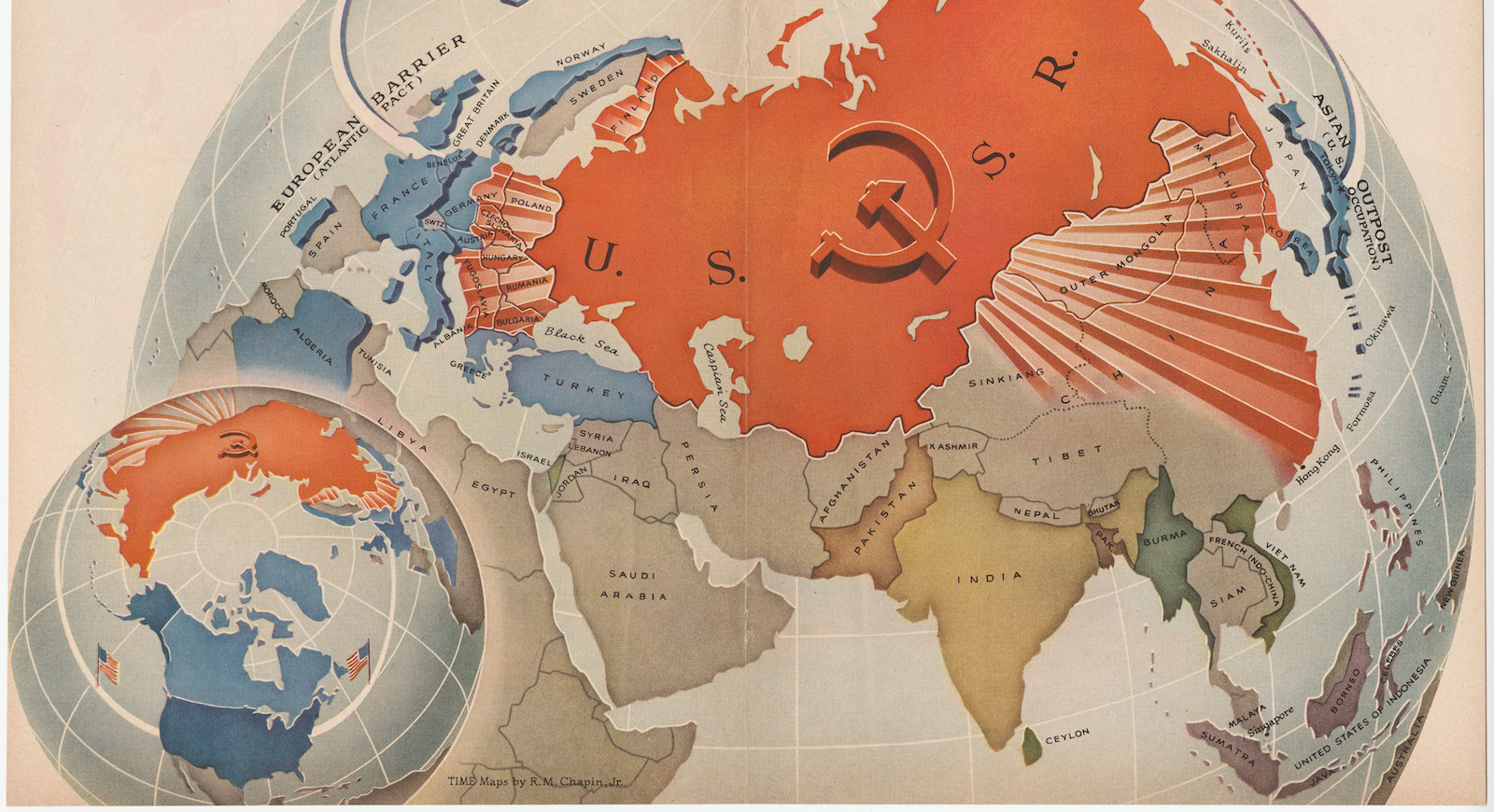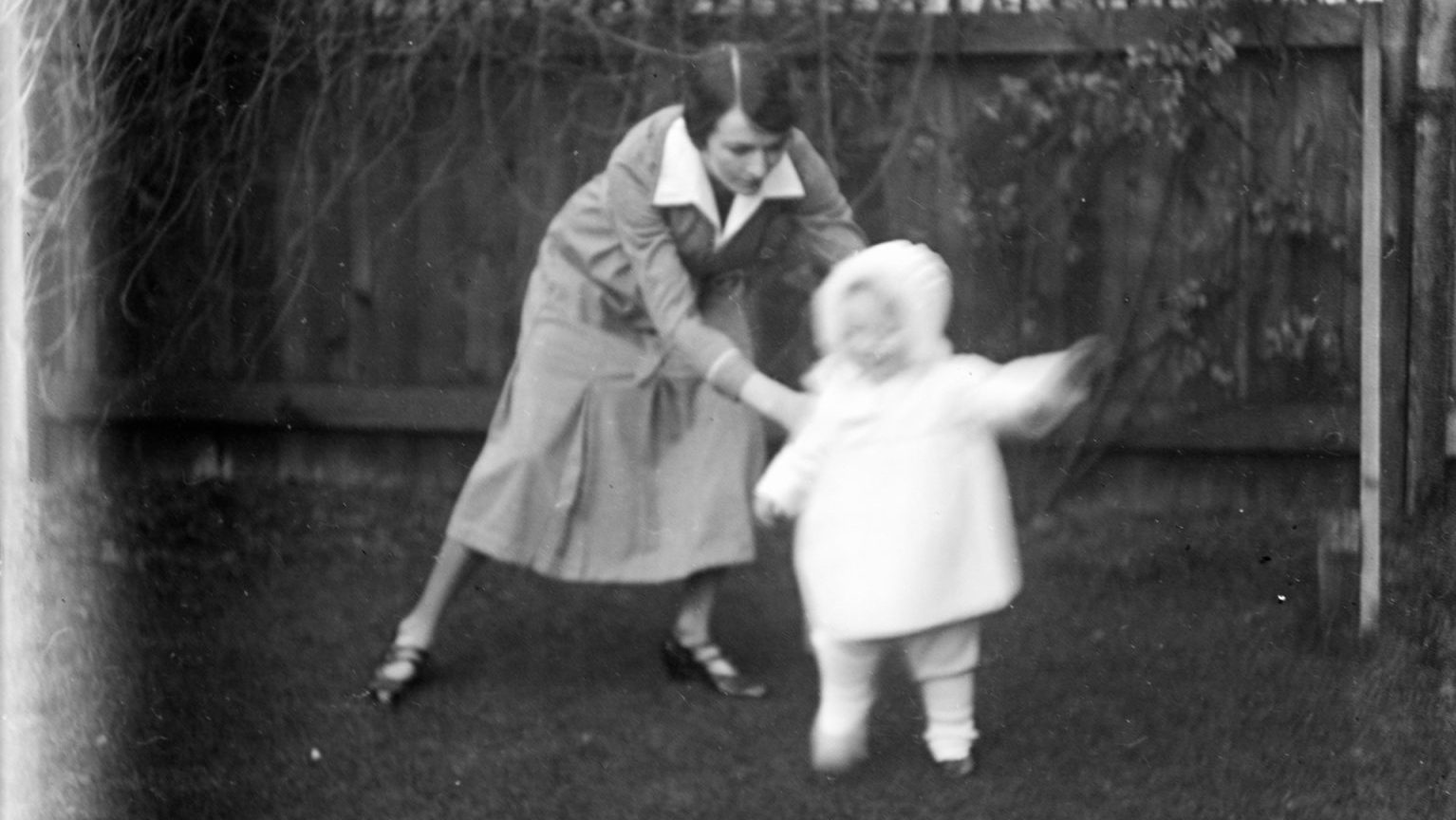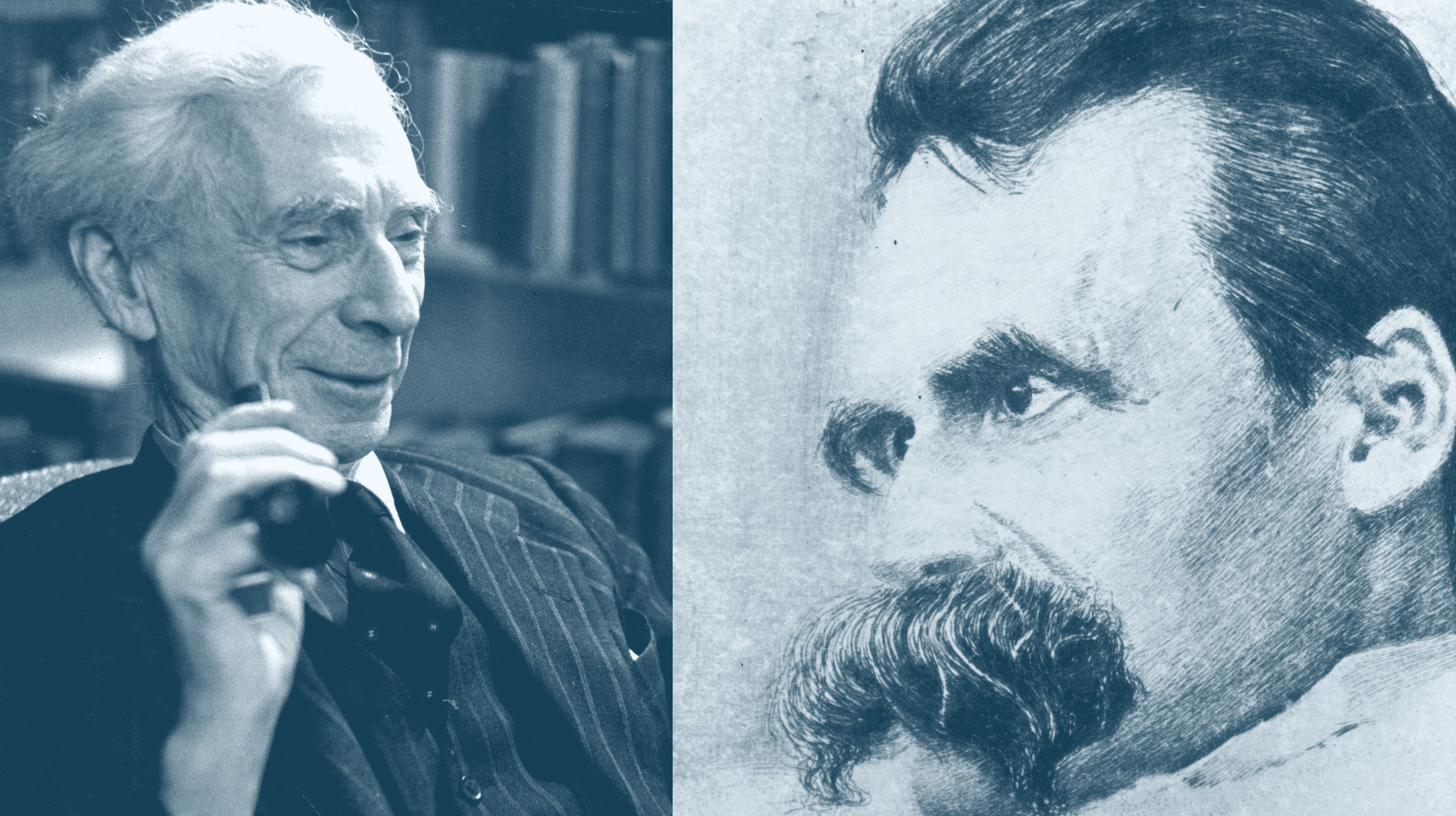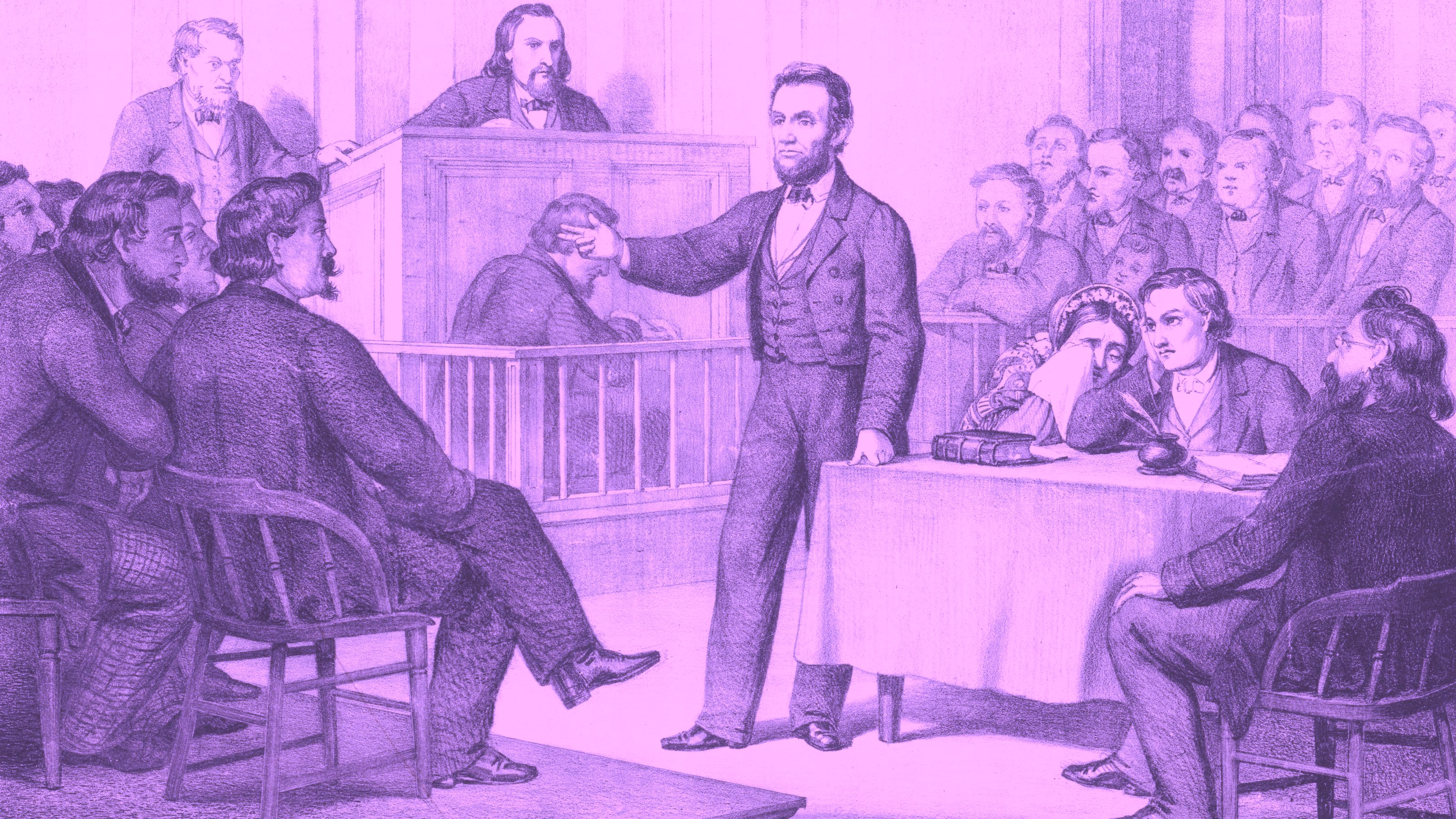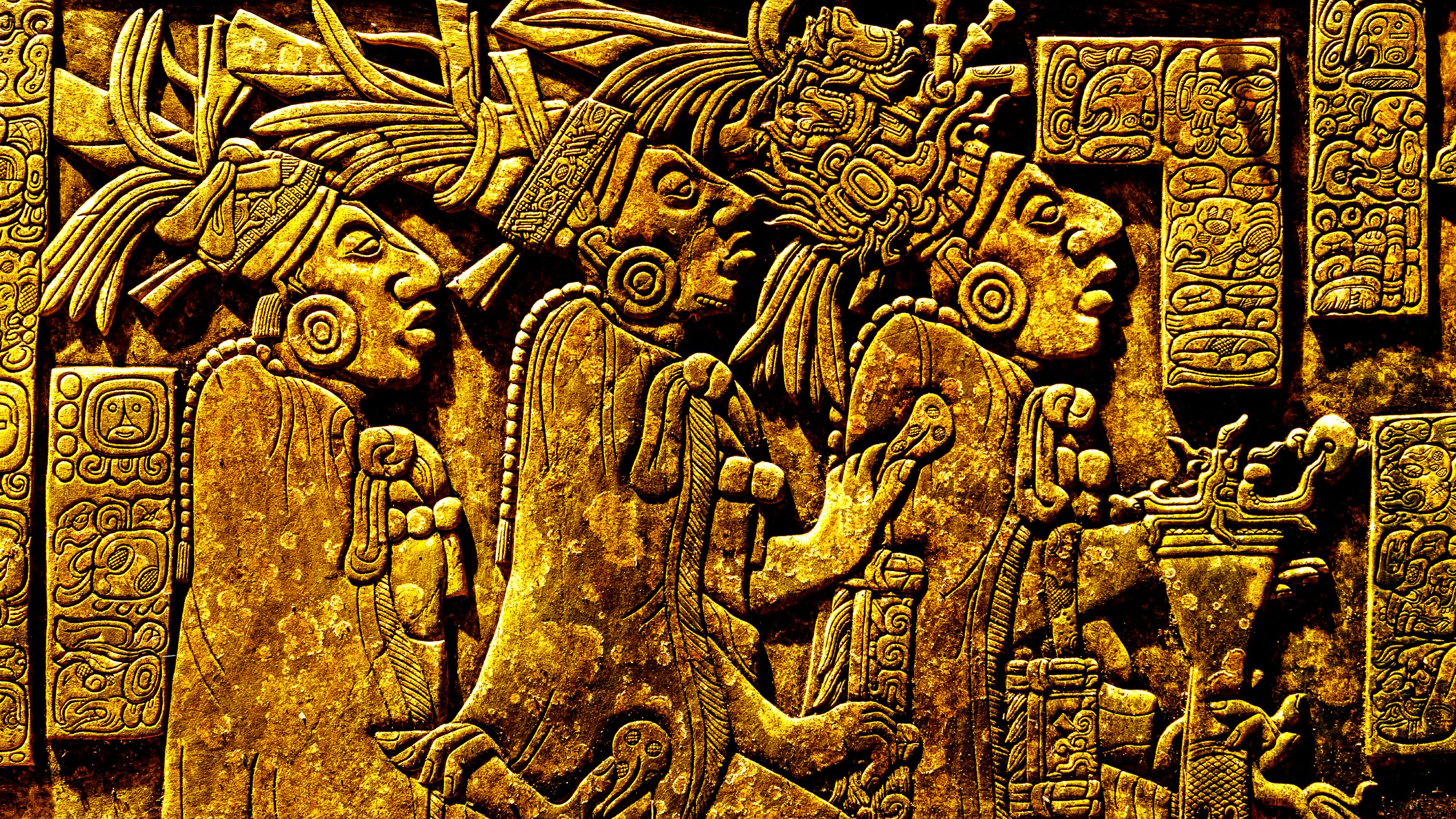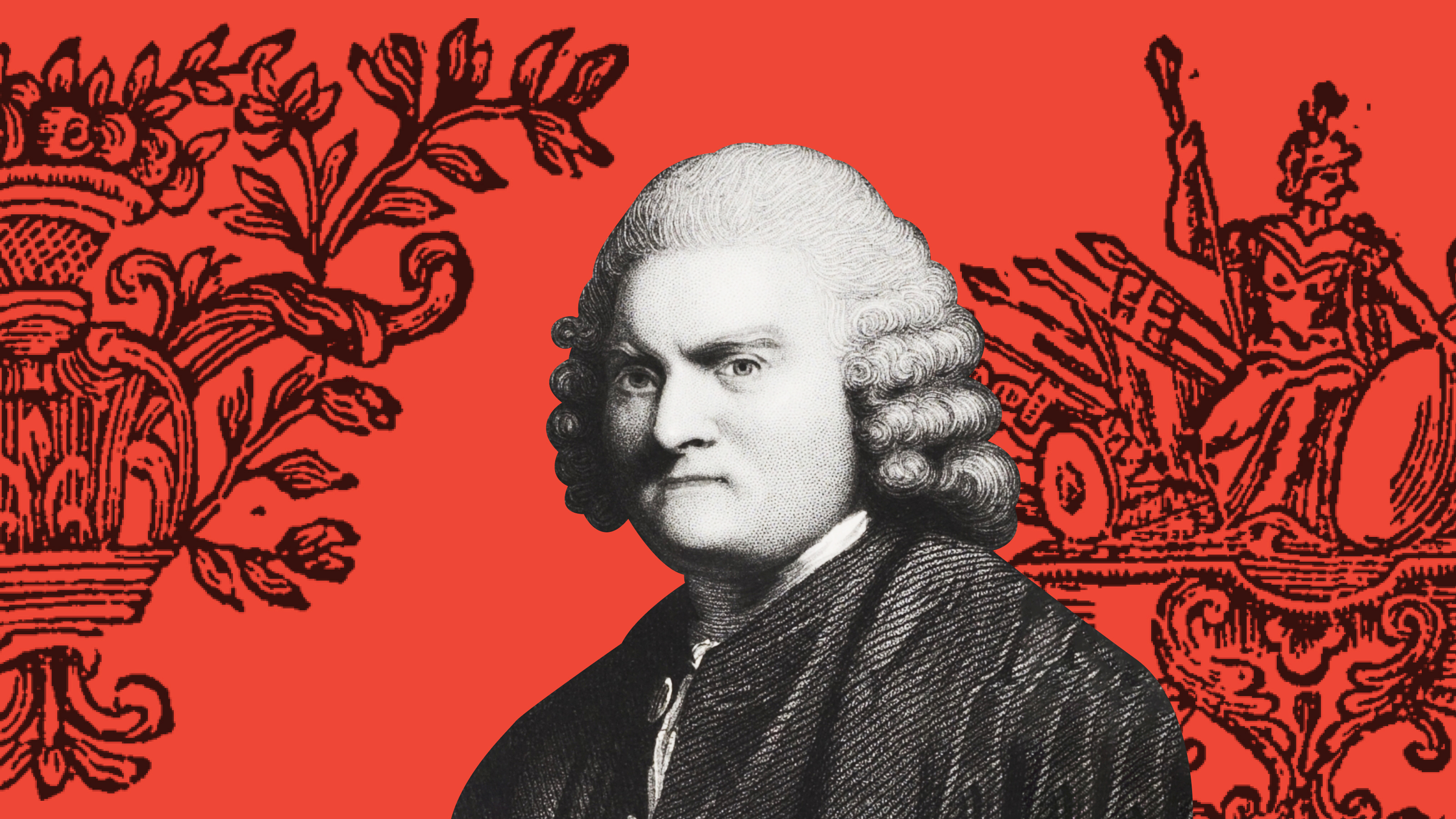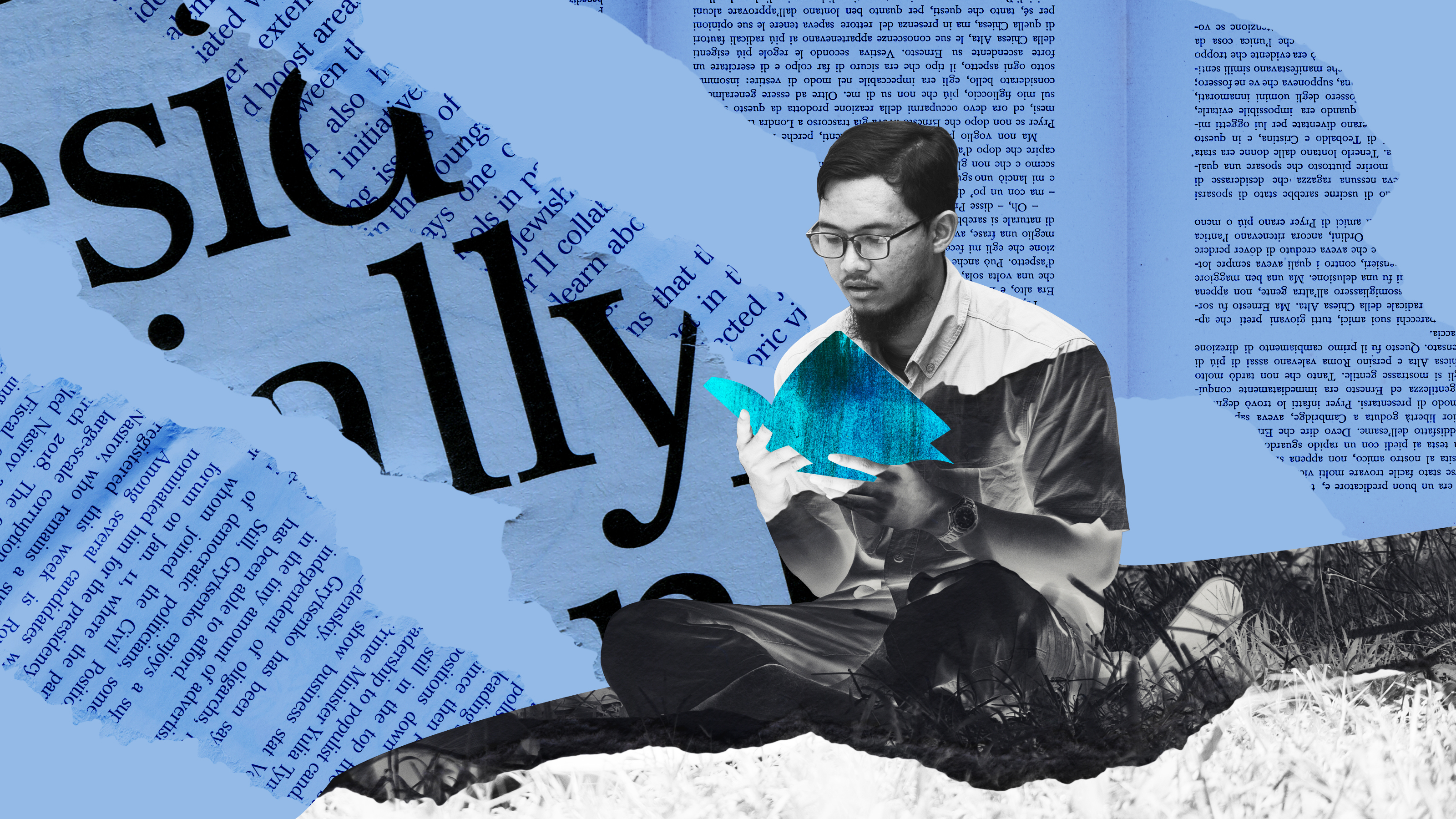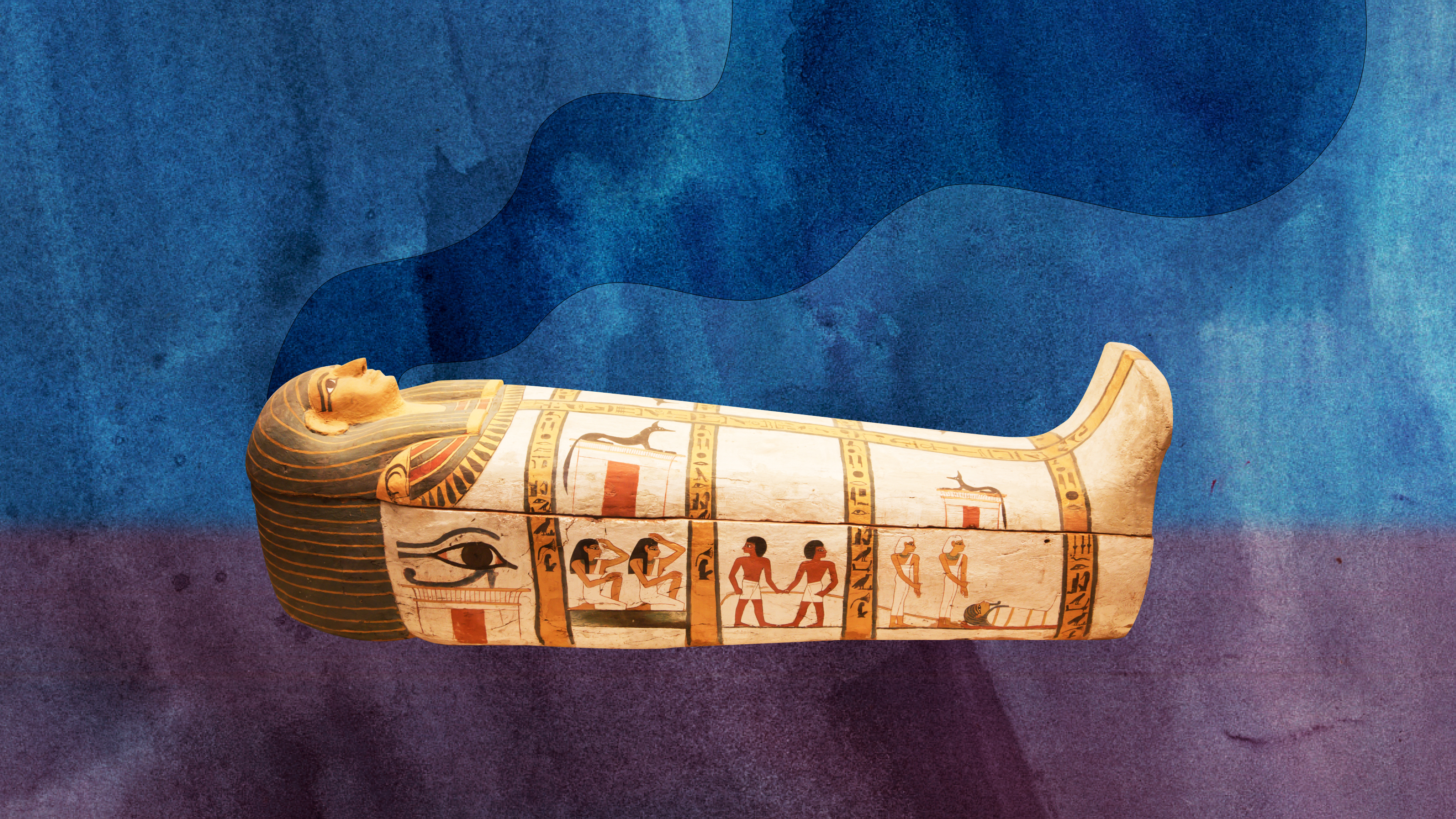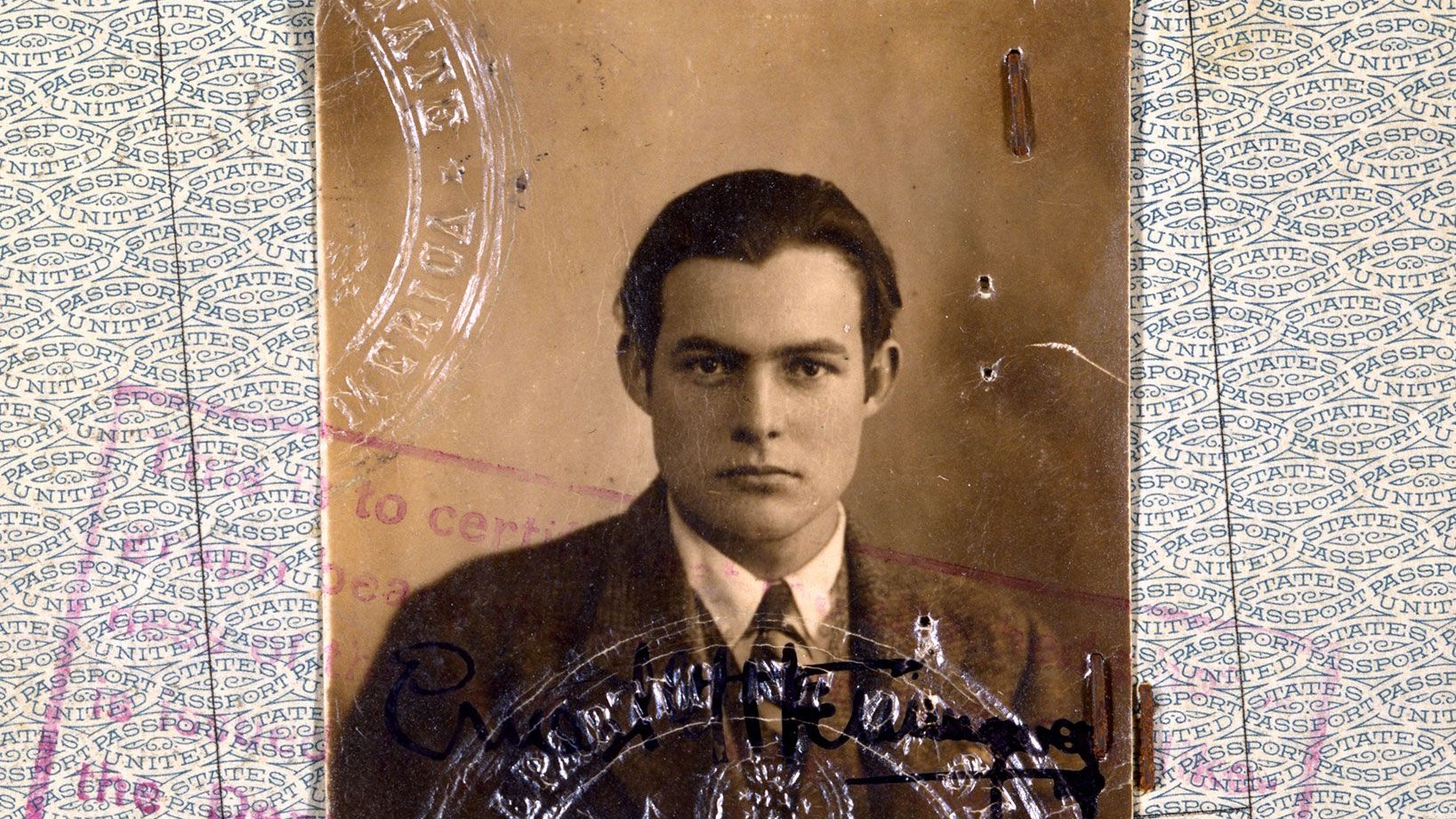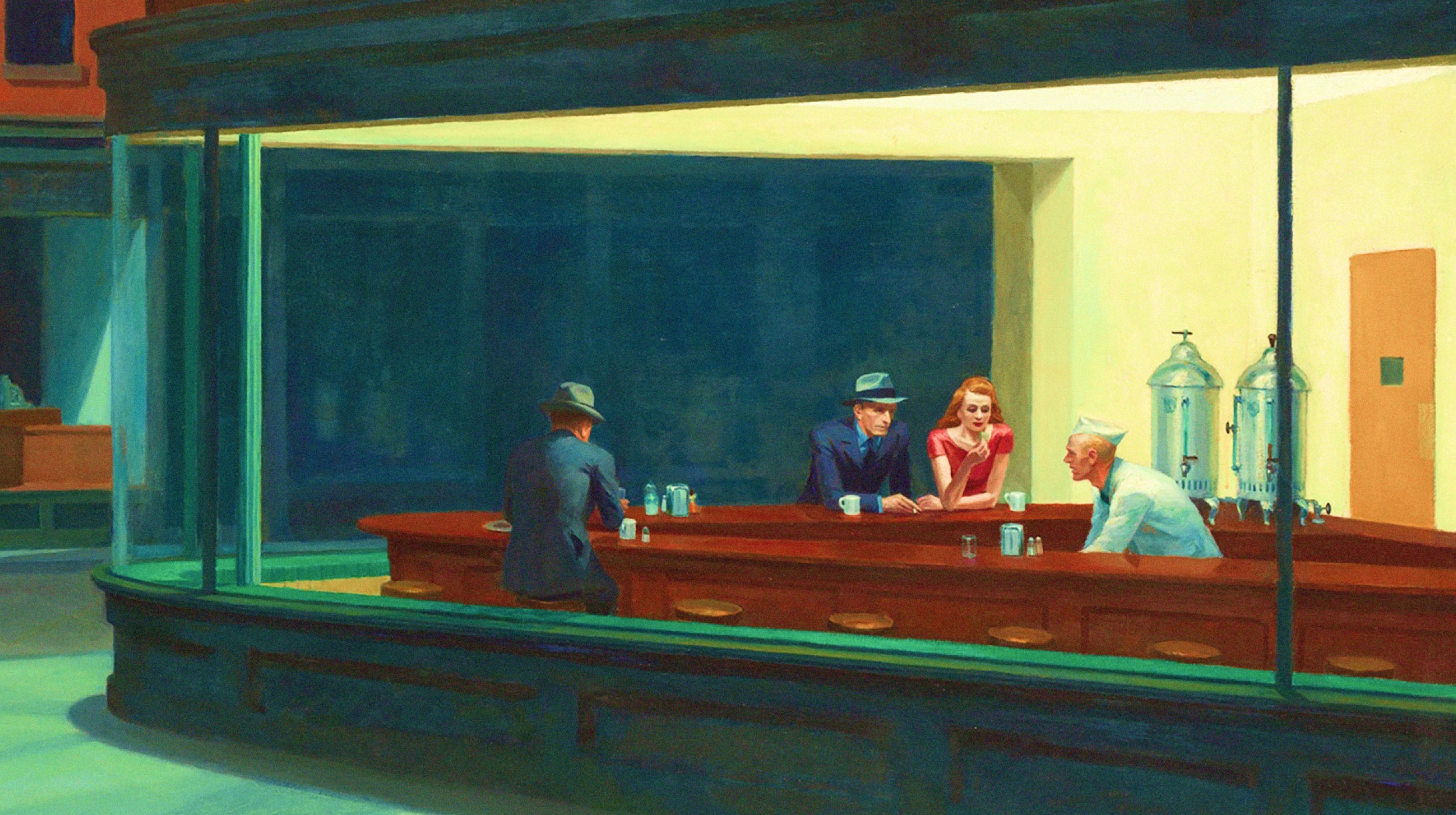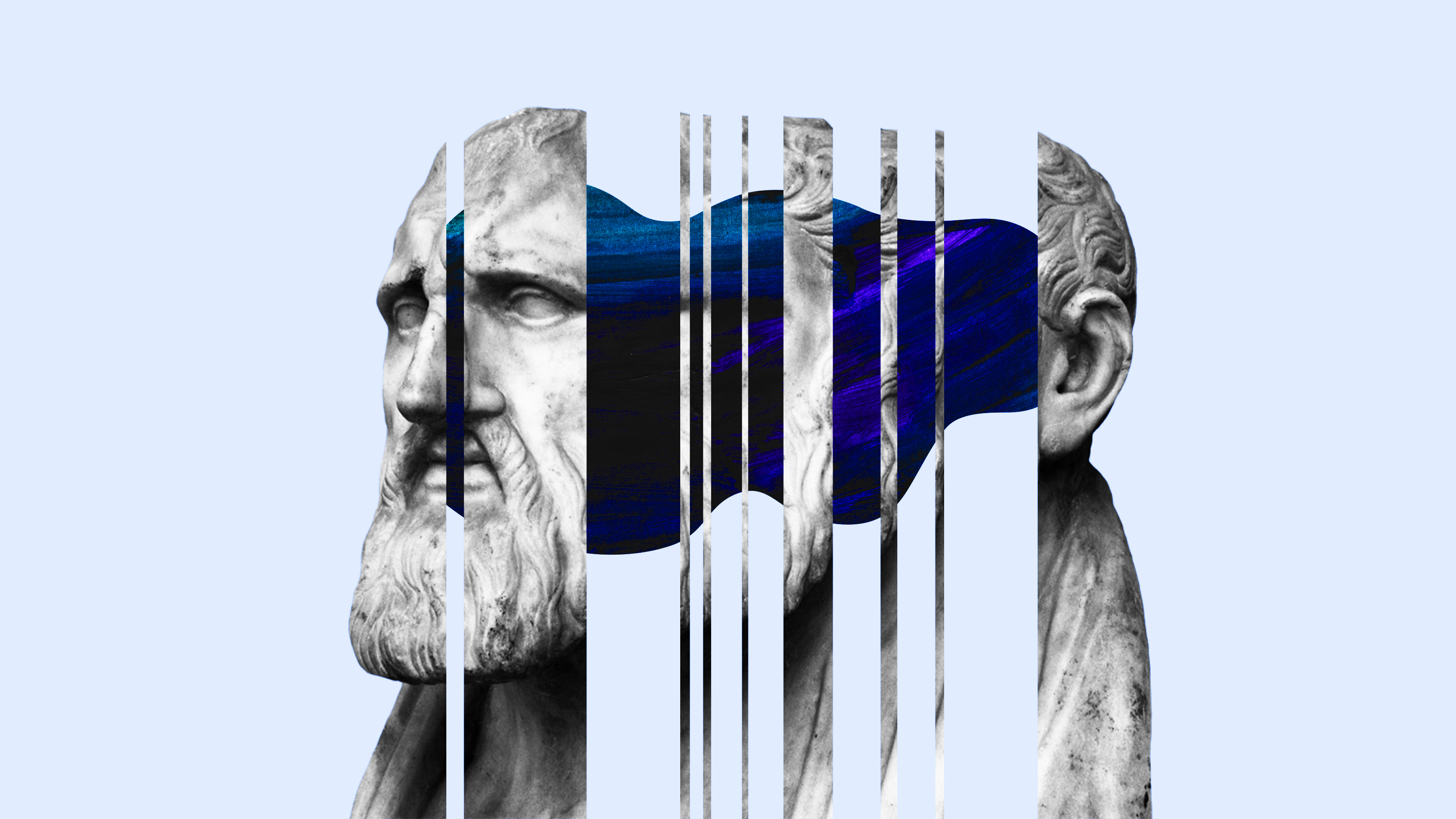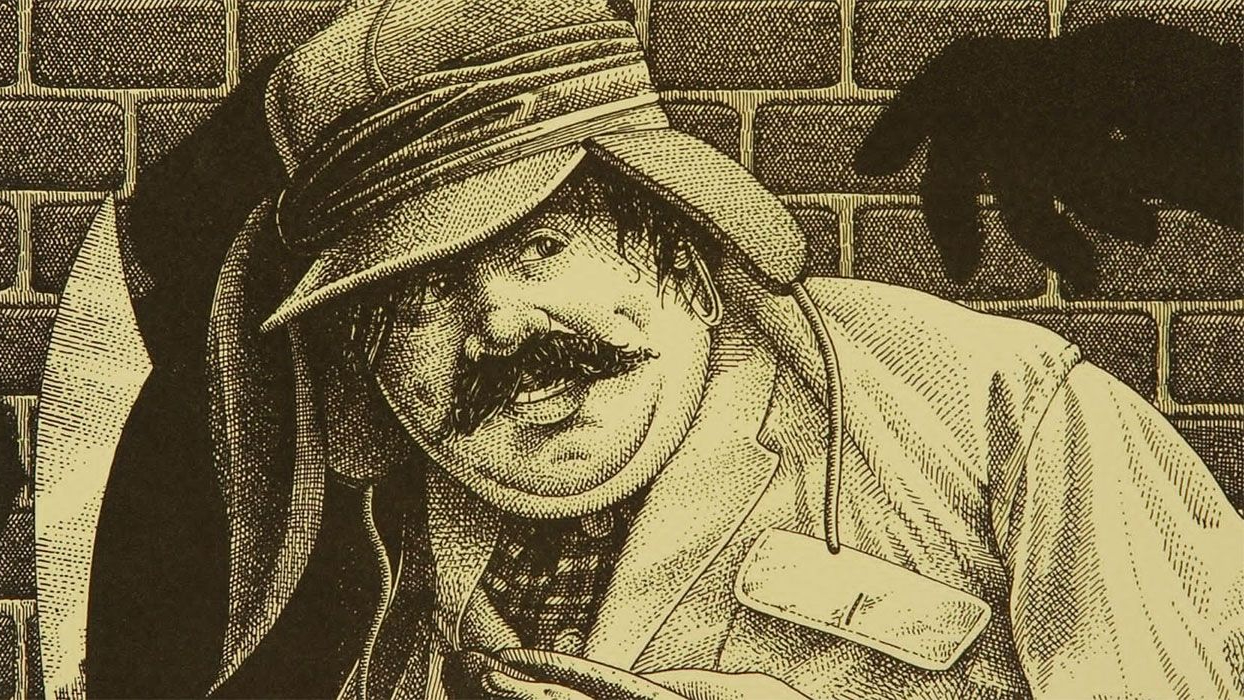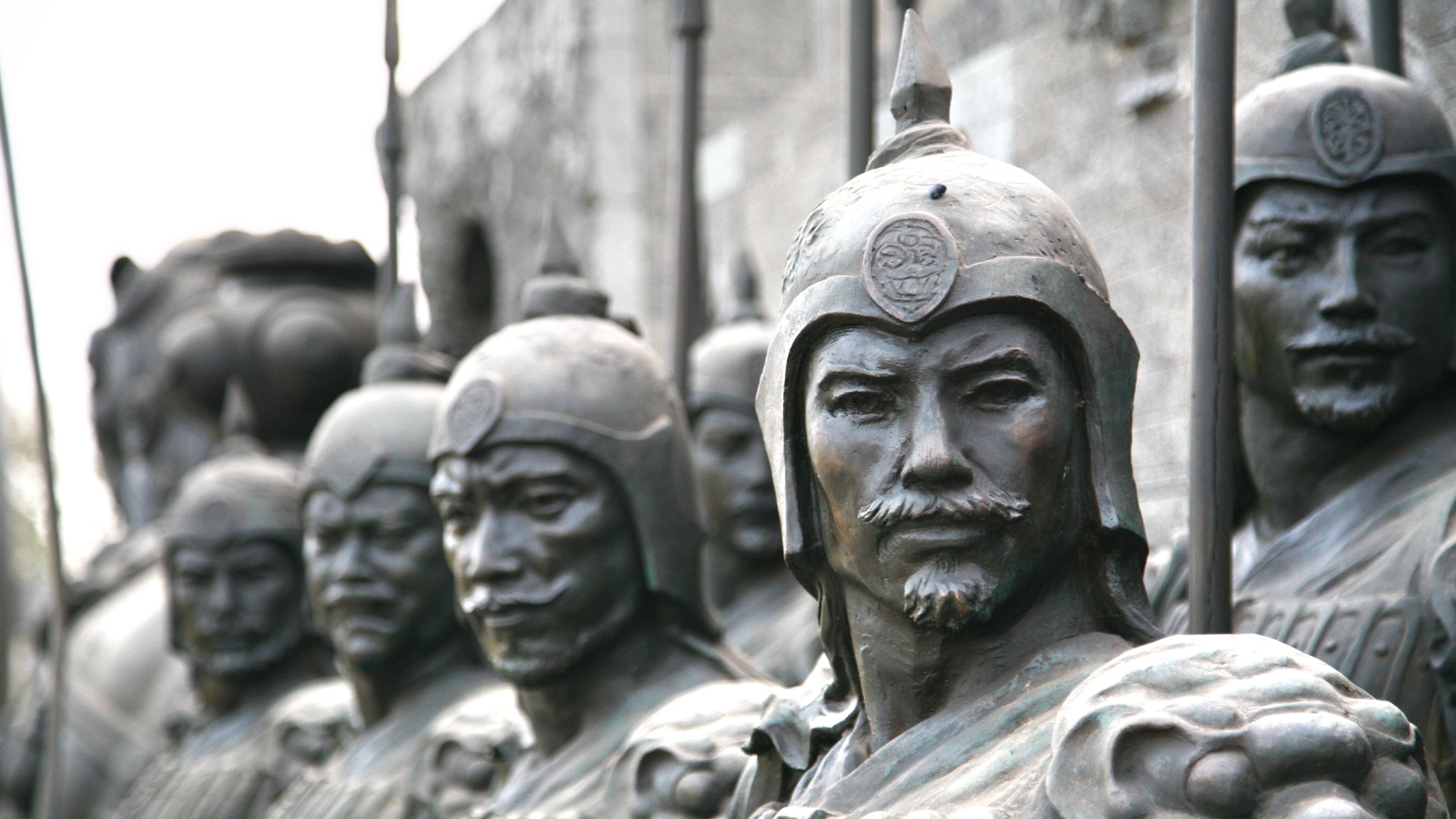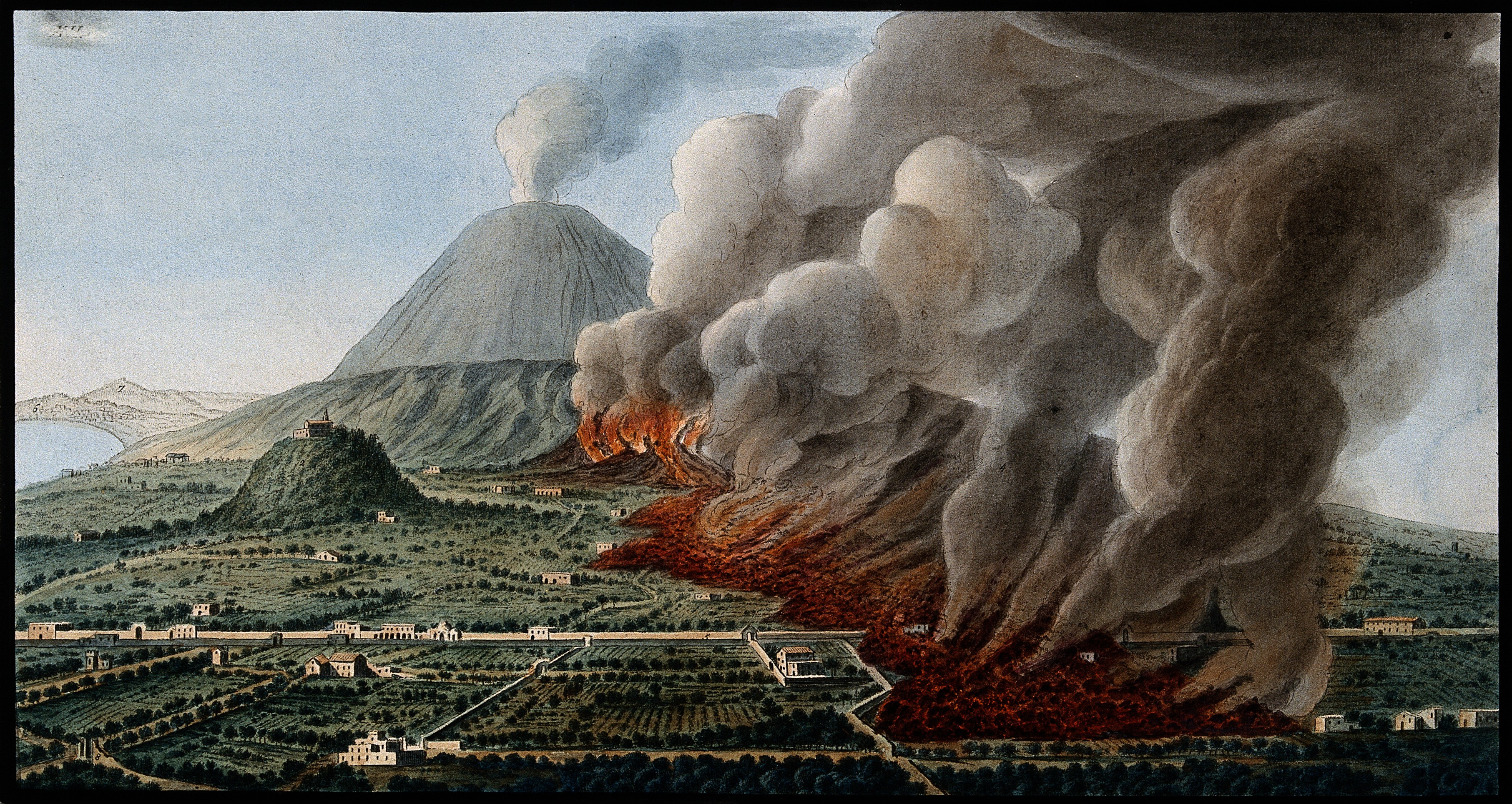history
500 sheep were slaughtered to produce the 2,060 pages of the “Codex Amiatinus,” a Latin translation of the Bible.
Large language models are an impressive advance in AI, but we are far away from achieving human-level capabilities.
“Who is the aggressor?” That depends on which of these maps you believe.
Let us share this miracle with mothers in poor countries.
Man does not live by measurement alone.
The Source Family, a radical 1970s utopian commune, still impacts what we eat today.
“The Man in the High Castle” may be the most beloved alternate history book, but it is not the most historically accurate.
The chances that a newborn survives childhood have increased from 50% to 96% globally.
In “The History of Western Philosophy,” Bertrand Russell made it clear whose thinking he admired — and whose thinking he didn’t.
His greatest speeches were loaded with empathy.
Glimpse into the ancient Maya empire through the writing of its own inhabitants.
These composers channeled the horror of the Holocaust and Hiroshima while honoring those who lived through it.
As a physician, John Pringle helped reinvent hygiene; as a husband, he destroyed a woman’s life with his abuse.
Billy was a local celebrity in the early 1900s. And he might have been a murderer.
Reading classic books can inform you as much about the present as the past.
To protect yourself, you need an antifungal rather than an amulet.
Piano Sonata No. 23 offers a window into the way culture became an instrument of Soviet state policy.
Not every classic enjoyed rave reviews from the start.
How humans came to feel comfortable among strangers, like those in a café, is an under-explored mystery.
Here’s what Europe would have looked like if the Confederation of the Danube had been established after WWII.
Journaling helped Marcus Aurelius cultivate the emotional intelligence necessary to steer Rome through turbulent times.
Some authors never saw their books score widespread acclaim—or even get published at all.
One hypothesis: “gossip traps.”
Though Sun Tzu’s “The Art of War” is a classic military treatise, its advice applies to all manner of conflict.
And her clothing tells an important story, says archeologist Rita Wright.
To understand Vincent van Gogh, we must first debunk the myth of the tortured artist. Van Gogh believed his illness inhibited his creativity.
Nearly 2000 years ago, Mt. Vesuvius erupted, burying Pompeii but incinerating Herculaneum. The most lethal volcanic phenomenon is at fault.
Is Eliezer Yudkowsky the same false prophet that Paul Ehrlich was?
Changes in the world population are determined by two metrics: the number of babies born, and number of people dying.
Lockheed Martin’s Skunk Works engineering division has devised many jaw-dropping aircraft. Here are some of the best — and one ship.
